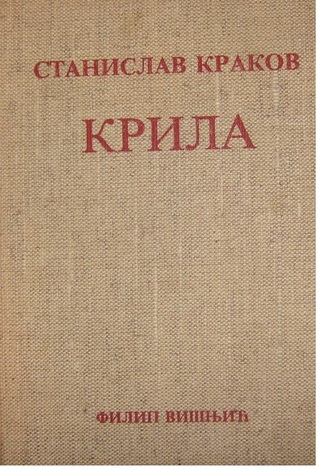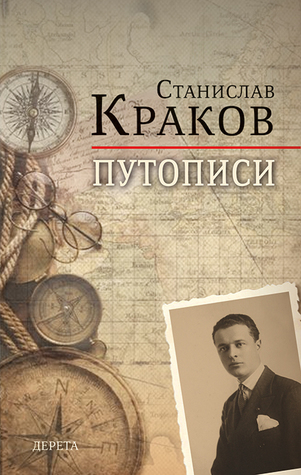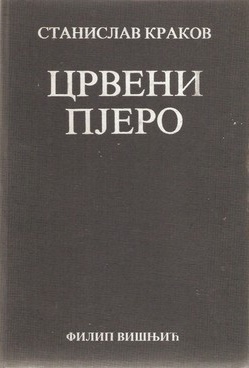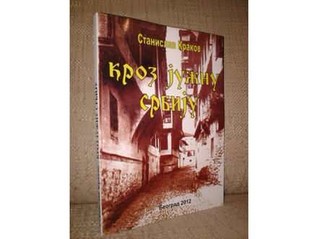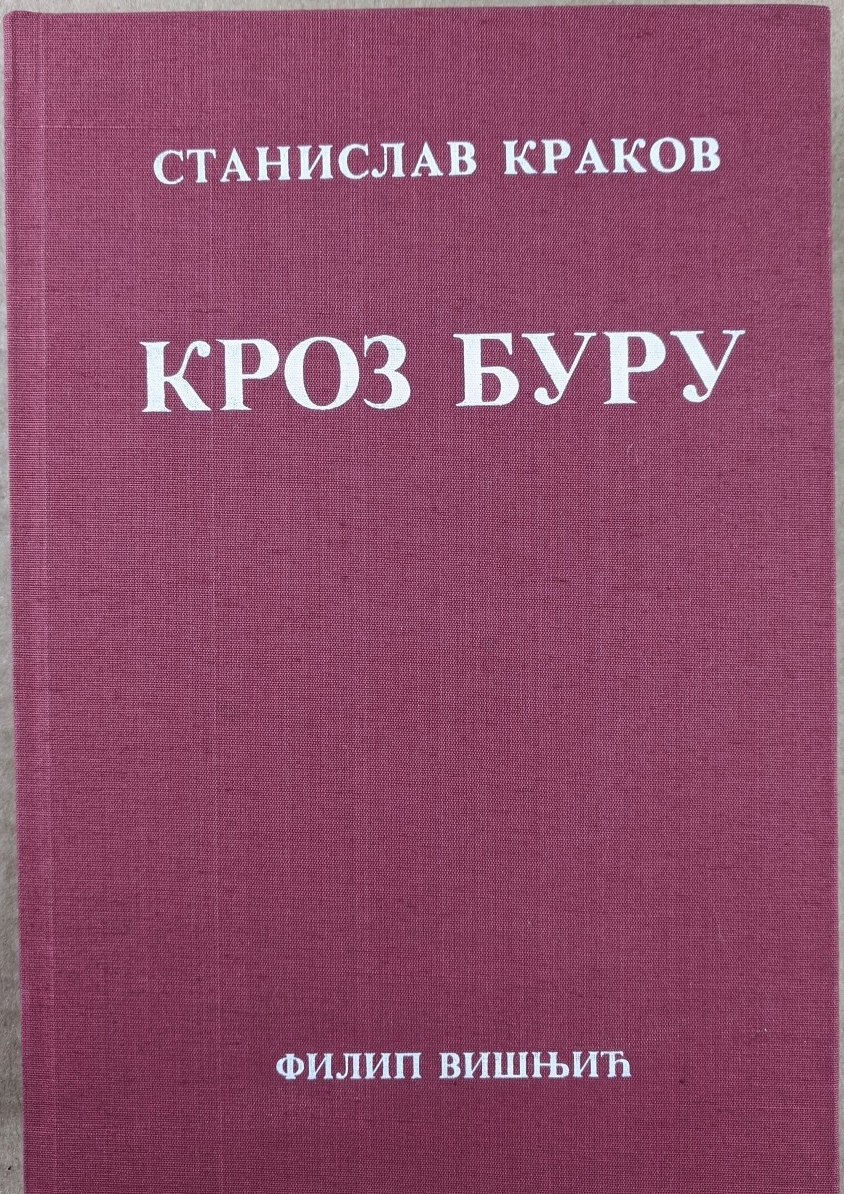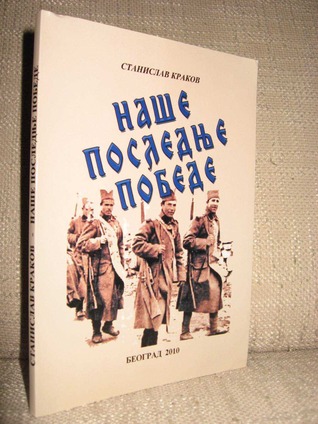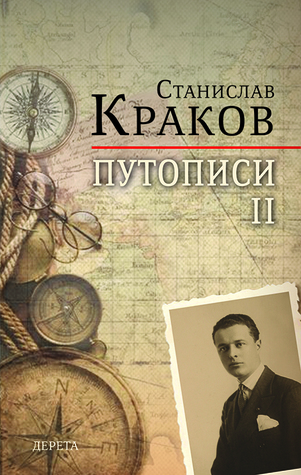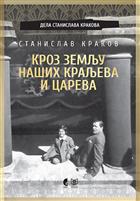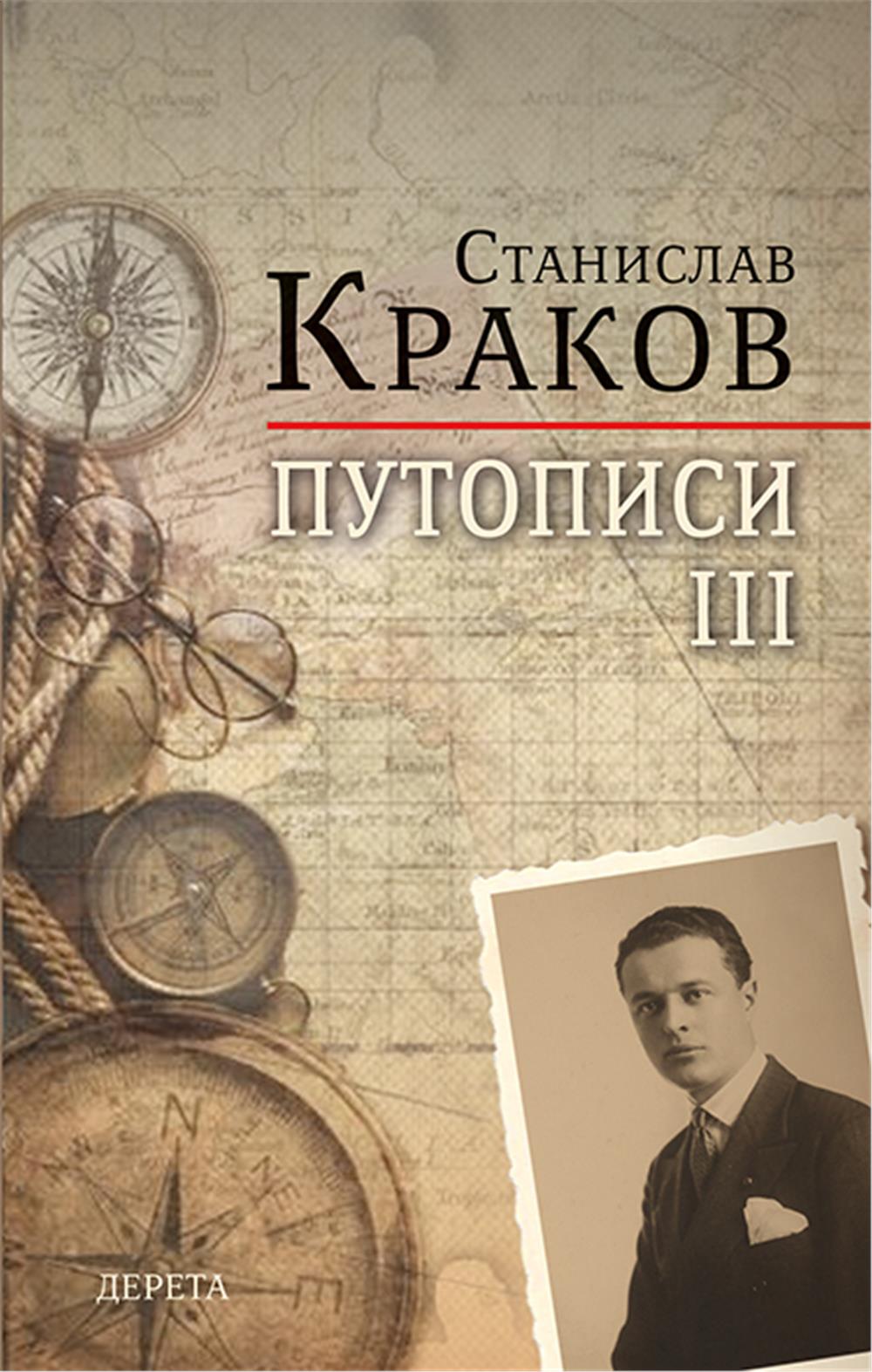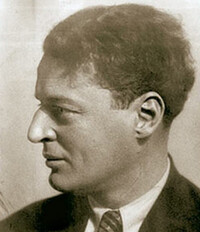
Stanislav Krakov was a Serbian officer, journalist, writer and film director. He participated in the Balkan Wars and the First World War. He was wounded seventeen times and was awarded eighteen times.
After the First World War, from 1919 to 1931, he published prose in almost all newspapers and magazines in Serbia. He wrote novels: "Kroz buru" (1921), "Krila" (1922), travel guide "Kroz južnu Srbiju" (1926), memoirs "Naše poslednje pobede" (1928), a book of short stories "Crveni pjero".
Stanislav Krakov was a director of the film "Za čast otadžbine i požar na Balkanu", which premiered on 25 March 1930, and also "The Calvary of Serbia" (Golgota Srbije), finished in 1940, which is still regarded as the best Serbian documentary film account of World War I .
In 1937 Krakov became chief of Propaganda for Dimitrije Ljotić's pro-fascist movement "Zbor".
Prior to WWII he was editor of "Politika" and "Vreme", and a program director of Radio Belgrade (1940-1941).
During the Second World War, he supported his maternal uncle, Nazi collaborator, General Milan Nedić, and was the editor of Nedić's newspapers "Novo vreme" and "Obnova”.
After the Second World War he fled Yugoslavia and the rest of his life he spent in exile. He died in Switzerland
When it comes to historical-fiction works, he wrote "Plamen četništva" (1930), "Prestolonaslednik Petar" (1933) and "General Milan Nedić" (1963-1968).
In his autobiography "Život čoveka na Balkanu" ("Life of a Man from the Balkans"), which was published posthumously, Stanislav wrote:
"I felt all the high points of success and all the bitterness and humiliation when you reach the bottom of human society. If the adventure is always an unexpected twist, always a surprise, most commonly a danger, usually a dazzling success, and even more harsh fall, then I lived a crazy, often brilliant and painful adventure of my time and my native soil ..."

